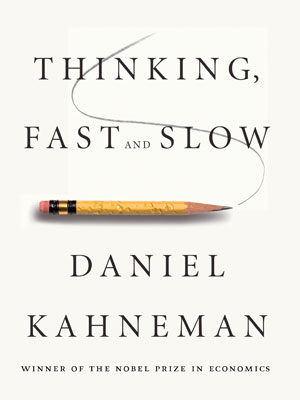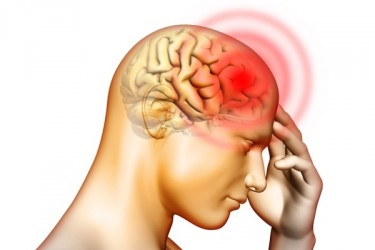
Courtesy Shutterstock
I’m amazed by the number of times I’ve awoken from a good night’s sleep with a clear answer to a specific problem—no conscious thinking required. That could be the opening sentence to a writing assignment I didn’t know how to start, the best way to overcome a disagreement with a coworker, or how to approach a crucial conversation with a family member.
It might not make sense on paper. But then again, neither do dreams, gravity, or the first time someone put peanut butter and chocolate together. And yet, they work—beautifully.
The truth is, our subconscious mind can do a lot of heavy lifting (if not all of it) when it comes to solving problems. Some of the greatest thinkers of all time—Thomas Edison, Winston Churchill, David Ogilvy—were loud champions of stepping away, slowing down, and letting the back of their brain chew on things. Not by grinding harder. But by sleeping longer, walking slower, birdwatching, vacationing, or just staring into the ether until the fog lifted.
So how does that actually work? And more importantly, how can you bottle a little of that magic for yourself? Continue reading…
 Why are suckers born every minute? How can we explain “If it seems too good to be true, it probably is“? Why are humans encouraged to “think twice” before doing things? And why do we judge “books” by their covers?
Why are suckers born every minute? How can we explain “If it seems too good to be true, it probably is“? Why are humans encouraged to “think twice” before doing things? And why do we judge “books” by their covers?
The answers to those questions and many more can be found in Daniel Kahneman’s eye-opening book, Thinking Fast and Slow. It’s a fascinating, enlightening, and scientifically accessible read.
After decades of research, Kahneman discovered that the brain makes decisions in two ways. The first is system 1 thinking—the fast, almost involuntary, and largely gut-based decision-making required to operate. It quickly processes tasks like “eat this, pick up that, move out of the way,” and even, “stay alive.” System 1 makes hundreds, if not thousands, of decisions each day and is the “hero of the book,” says Kahneman. System 1 gets things done.
System 2, on the other hand, is slow to engage, deliberate, and lazy. It deals with doubt, uncertainty, statistics, and heavy cognitive loads like writing, performing surgery, solving advanced math—anything that requires intense focus, really. System 2 is not emotional. It’s the part of your brain that questions the source, asks for hard numbers to back up claims, and is innately critical. It deems things guilty until proven innocent. Continue reading…

“I don’t mean to alarm you, but she may have brain cancer.”
That’s the scariest thing I’ve ever heard as a parent. Uttered to me by a confused pediatrician after failing to diagnose my two year-old daughter for the umpteenth time, the sentence dashed my hopes and struck fear in me like no other.
It started like this. Two weeks prior, my daughter began vomiting in her sleep. Curiously, she would upchuck like clockwork — three hours after bed. After a few days, she begin dropping weight. Her eyes sunk in. She looked sicker than any of my children had before. Continue reading…


 Why are suckers born every minute? How can we explain “
Why are suckers born every minute? How can we explain “